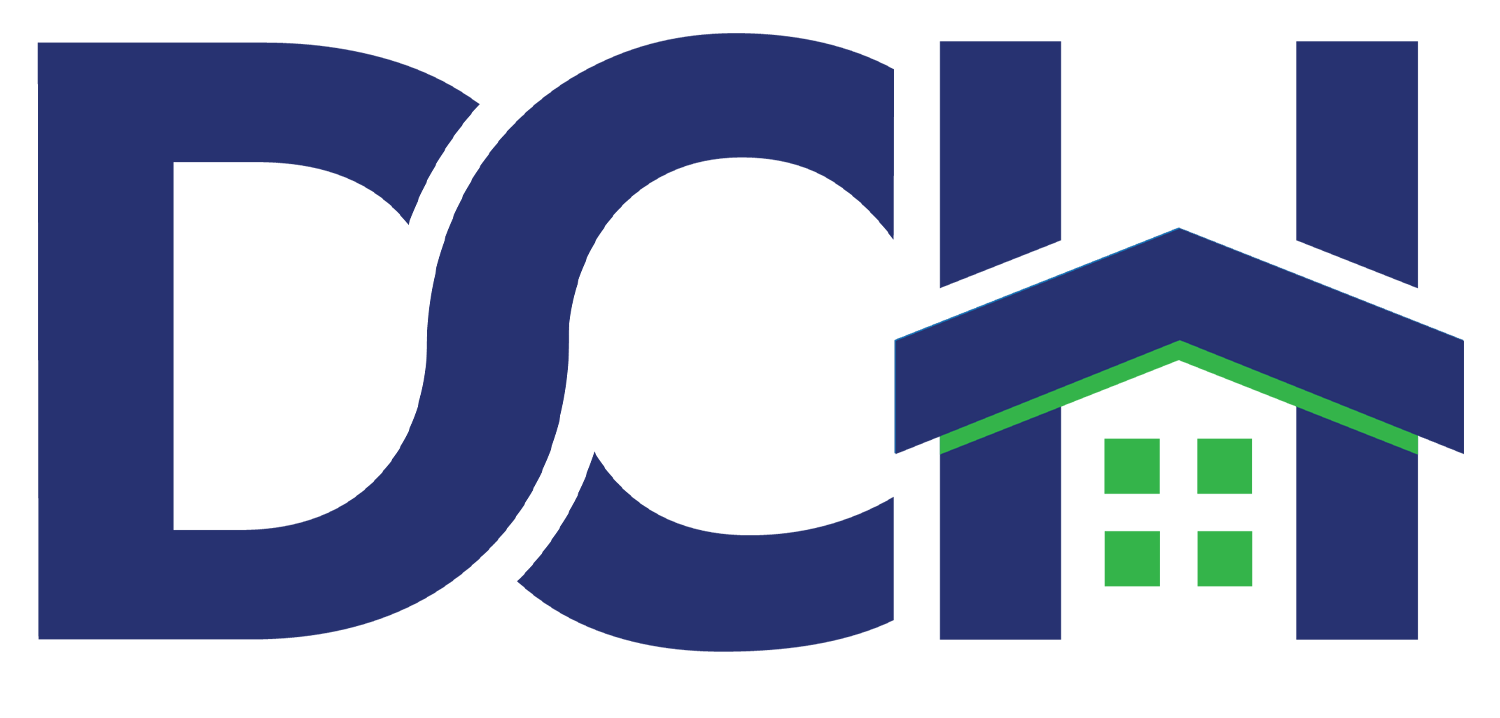DCH Learning: How to Apply for a Small Business Loan
Last week, we discussed the importance of a business plan and knowing your audience and market. This week, we are going deeper into business planning and funding. A business plan will be necessary for funding. You need to know how much you need for operating, for a given time, and which loans you could qualify for. This week we are not discussing grants, but will be offering specific Dallas funding and grants, next week. These are the steps to apply for a traditional small business loan. We have compiled more resources on plans from the US Small Business Administration below.
Loan Types
Loans are also called financial products for a reason. Like tangible products you need to shop around, especially because you will be incurring much more risk. Some Loans have variable interest rates, are for certain durations, and offer certain protections for businesses while they grow. The most popular types of loans include; small business lines of credit, small business loans, small business term loans, and equipment and working capital loans. The last two would not normally apply to the scenario we are creating for a person starting a new business, but they require a percentage down to purchase equipment for starting a business and working capital loans are short term and finance the operating expenses.
Small Business Line of Credit: A small business line of credit has a cap of funds available and is useful in managing cash flow for payroll and in the event of unexpected expenses, it is good to have this line of credit. There is a fee for setting up the line of credit, but the line is free of interest until you actually draw down the funds. Interest is paid monthly, like credit cards, and most require annual renewal. If you are worried you do not have enough borrowing power for a business line of credit, run your credit again! There are a number of ways credit reporting has changed in 2022 that increase your chances of higher scores.
Small business term loans: These loans are usually for a set amount and are for everything from business operations, expenditures, or expansions. They bear interest monthly and the principle is repayable between six months to three years. It is really important to understand that term loans can be secured or unsecured, and interest can be variable or fixed. This makes it very important to research who is offering a loan and that it is insured. If you need a one time start up fee, this is the loan type you will most likely be applying for.
SBA small business loans: Banks offer low-interest rate loans for small businesses that are backed and guaranteed by the US Small Business Administration. These loans have very favorable terms and can range from $30,000 to $5 million, however the application for these small business loans is a longer process and requires more steps than a conventional small business term loan. Here is a list of the 100 most active SBA lenders.
Business Plan Template and Guide from the Small Business Administration
Preparing Application Materials for a Small Business Loan
Whether you are applying for a working line of credit, a small business loan, an SBA backed loan, or a working and equipment loan, you will need to have all of your materials prepared and ready to submit. These are some of the things lenders require.
Basic Business Information: This includes your tax ID number, business name and address, and potentially a business plan or proposal for how you will be using the funds. If you are applying for an SBA loan, you will need more documentation and planning for use.
Financial Statements: If you are just starting out, do not let this intimidate you. This will just take a bit of time to collect. If you have earnings from Venmo or from Paypal that are not organized into profit and loss statements, you can organize them using statements from Venmo and Paypal. Here is a list of resources on Financial Literacy that may offer free guidance. If you are looking to scale your business, organize these statements with your accountant. Additionally, you will need tax returns for both the business and yourself.
Personal Information: Banks require the personal information of owners including social security numbers, addresses, and names. Any person with greater than a 20% stake in your business will need to provide this information.
Collateral Information: Some loans require that you have collateral down. This may include equipment, a physical location or real estate, or other assets to ensure the loan. You can get an independent auditor to value your collateral before applying for a business loan. Bank and SBA lenders are likely to request this.
Personal Guarantee: Lastly, a personal guarantee which is a borrower agreement that holds the borrower personally responsible for the business loan.
Review your Materials with a Professional: There are many organizations that are supported by the federal government to help support small businesses. They are called SBDCs and each local branch includes professionals who can provide information and mentorship on running a business and obtaining financing. Here is the SBA’s finder tool for branches in Dallas.
Apply for your Loan! Once these steps are complete, apply for your loan. Your lender and loan type will let you know how long the approval process takes. Be sure that you are prepared financially to sustain the wait time for a loan and that you are organized in your spending in the interim. There are many business professionals who are available to help you and Dallas CIty Homes will be sharing more information on operating small businesses next week!

